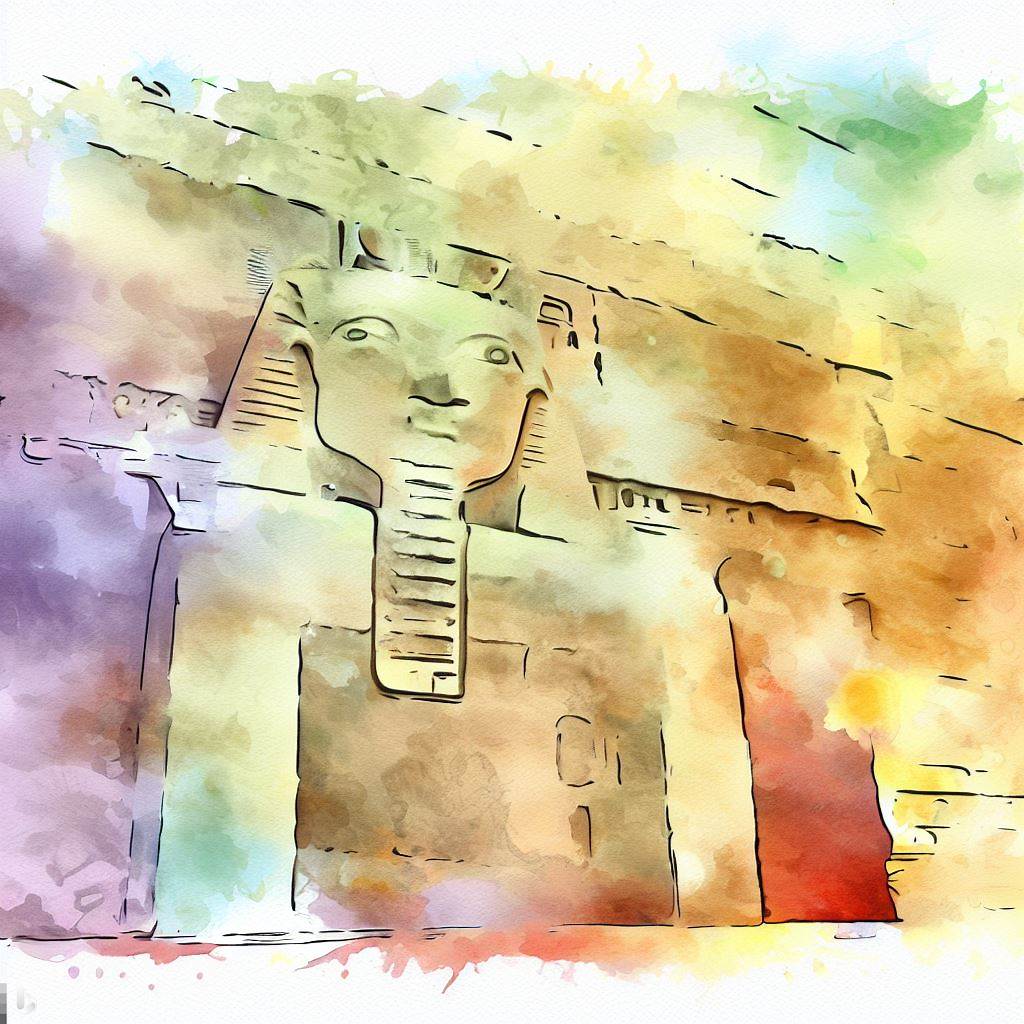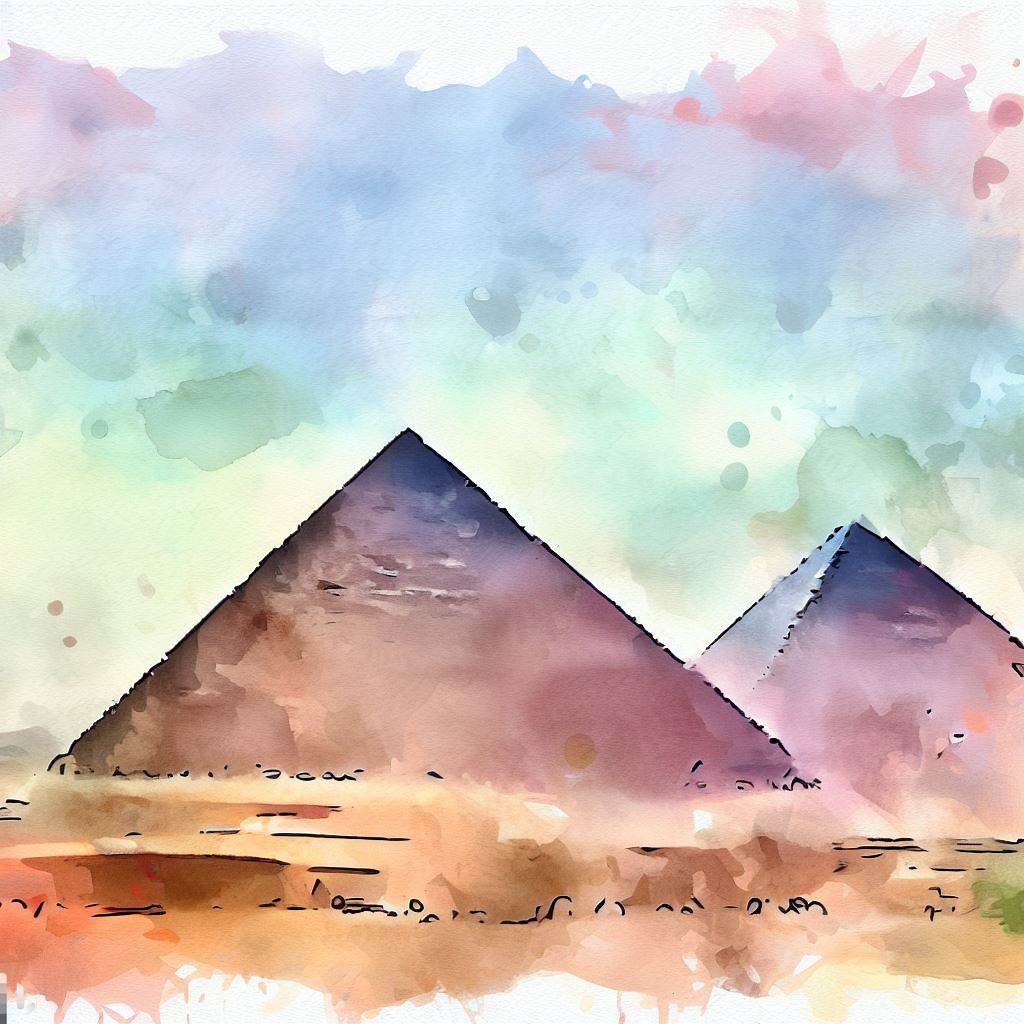Medicine in Ancient Egypt: A Glimpse into the World of Pharaohs
Introduction:
The ancient civilization of Egypt, known for its grand pyramids, enigmatic hieroglyphics, and powerful pharaohs, also had a rich history in medicine. The practice of medicine in ancient Egypt was deeply intertwined with their religious beliefs and cultural practices, making it a fascinating subject of study. This essay aims to explore the world of medicine in ancient Egypt, focusing on the practices, beliefs, and advancements made during the reign of pharaohs.

Historical Context:
To understand the development of medicine in ancient Egypt, it is crucial to delve into the historical context. The civilization of ancient Egypt thrived for thousands of years, with the era of pharaohs spanning from approximately 3100 BCE to 332 BCE. During this time, the pharaohs held immense power and were considered divine rulers. Medicine, therefore, played a crucial role in maintaining the well-being of these god-like figures as well as the general population.
Medical Practices:
The medical practices in ancient Egypt were a blend of scientific observations and religious beliefs. The Egyptian physicians, known as «swnw,» were highly respected and held in high regard by the society. Their knowledge and skills were passed down through generations, and they were considered the healers of both the body and the soul.
One of the most notable aspects of Egyptian medicine was their emphasis on preventive care. The physicians believed that diseases were caused by a disruption in the balance of the body’s humors or life forces. To maintain this balance, they prescribed a healthy diet, exercise, and cleanliness. The Egyptians also recognized the importance of cleanliness in preventing infections and diseases, and they practiced meticulous hygiene, including regular bathing and washing hands before meals.
Herbal Medicine:
Herbal medicine played a significant role in ancient Egyptian medical practices. The Egyptians had an extensive knowledge of plants and their medicinal properties. They used various herbs and plants to treat a wide range of ailments, including digestive disorders, skin diseases, and respiratory problems. The Ebers Papyrus, one of the oldest medical texts discovered, contains detailed descriptions of over 700 medicinal plants and their uses.
Surgical Techniques:
While the Egyptians excelled in preventive care and herbal medicine, they also made impressive advancements in surgical techniques. Evidence suggests that they performed various surgeries, including amputations, dental procedures, and even brain surgeries. The Edwin Smith Papyrus, another ancient medical text, provides detailed instructions on surgical procedures, including the use of surgical instruments and the importance of cleanliness during surgeries.
Religious Influence:
Religion played a significant role in Egyptian medicine. The Egyptians believed that diseases were caused by supernatural forces or divine punishment. Therefore, the treatment of diseases often involved religious rituals and prayers. Temples served as centers of healing, and patients would visit these temples seeking divine intervention and guidance. The priests, known as «wnw,» would perform rituals and prescribe treatments based on their interpretations of the gods’ will.
Conclusion:
The practice of medicine in ancient Egypt was a unique blend of scientific knowledge, herbal remedies, and religious beliefs. The Egyptians, with their advanced understanding of the human body and meticulous approach to preventive care, were pioneers in the field of medicine. Their belief in the interconnectedness of the body and soul, as well as their emphasis on cleanliness and herbal remedies, laid the foundation for future medical practices. The study of medicine in ancient Egypt provides us with valuable insights into the medical advancements made during the reign of pharaohs and their enduring legacy in the field of medicine.
Anabasis Project Team

